Despite Europe claim, Vienna talks break result of collective consensus: Iran
The spokesman for Iran's Foreign Ministry has rejected "unrealistic" claims by the three European signatories to the 2015 nuclear agreement that the Vienna talks were suspended at Tehran's request, saying it was a decision made by all the participating delegations.
"Despite the Western side's claim about Iran’s request for a pause in the [Vienna] talks, these countries and other members of the P4+1 [group of countries] know very well that this time schedule is [the result of] a collective consensus which has been made by taking into account the European parties' Christmas and New Year holidays," Saeed Khatibzadeh said on Saturday.
He added that it was not the first time that the Western parties have resorted to distorting realities and spreading disinformation, rejecting their latest claim as "unrealistic."
He emphasized that the three European parties to the multilateral nuclear agreement, officially known as the Joint Comprehensive Plan of Action (JCPOA), may have sought to make up for their previous demand for an early return to their capitals by making such an "unrealistic" claim.
The Iranian spokesperson urged the European trio to show seriousness and determination to contribute to the progress of the talks, instead of insisting on their “threadbare and useless blame game.”
Khatibzadeh's remarks came after senior European diplomats on Friday claimed that they were disappointed by Iran's decision to request a pause in the Vienna talks amid what they described as “technical progress."
Iran and the five remaining parties to the JCPOA -- Britain, Germany, France, Russia and China -- resumed talks in Vienna on November 29 after a five-month hiatus, marking the first round of negotiations under President Ebrahim Raeisi’s administration and the seventh overall.
During the seventh round of the Vienna talks, Iran presented two draft texts which address, separately, the removal of US sanctions and Iran’s return to its nuclear commitments under the JCPOA. Tehran also said it was preparing a third draft text on the verification of the sanctions removal.
Iran and the P4+1 group of countries resumed the talks in the Austrian capital on December 9 after being paused on December 3, when the participants returned to their capitals for additional consultations on the two draft proposals that Tehran had put forward.
As the seventh round of discussions in Vienna concluded on Friday, Iran’s chief negotiator Ali Bagheri Kani said the three European parties to the JCPOA, also known as the E3, intimately agreed to accept Tehran’s viewpoint as a basis for “serious, result-oriented” talks.
He added that the pace of reaching an agreement depends on the will of the opposite side, adding, "If the other side accepts the rational views and positions of the Islamic Republic of Iran, the new round of talks can be the last one and we can achieve a deal in the shortest possible time."
He criticized the E3 for failing to present a specific constructive initiative during the talks, saying, “They previously announced that they have proposals and initiatives on some topics, including the issue of guarantees, but we received no proposal or initiative from them during this round of talks.”
The Chinese envoy to the United Nations and other international organizations in Vienna, Wang Qun, said on Friday that Beijing expects that the important consensus reached in this round will be translated into a final agreement as soon as possible.
He added that Beijing looks forward to the early resumption of the eighth round of the Vienna talks on removal of anti-Iran sanctions.
Historians slam White House's whitewashing of US invasion of Mexico
US approves $3 billion deal for sale of F-15 equipment to Saudi Arabia
At least 20 killed in heavy Israeli bombing of displacement tents in Gaza
VIDEO | Venezuelans mark one month since US kidnapping of President Nicolas Maduro and his wife
Iran intel minister: West will face consequences over IRGC designation
Pakistan deploys helicopters, drones to retake town from insurgents
Israel-Palestine head of HRW resigns over blocked report on Palestinians right of return
VIDEO | Iranian athletes seal historic year with global titles amid external pressure


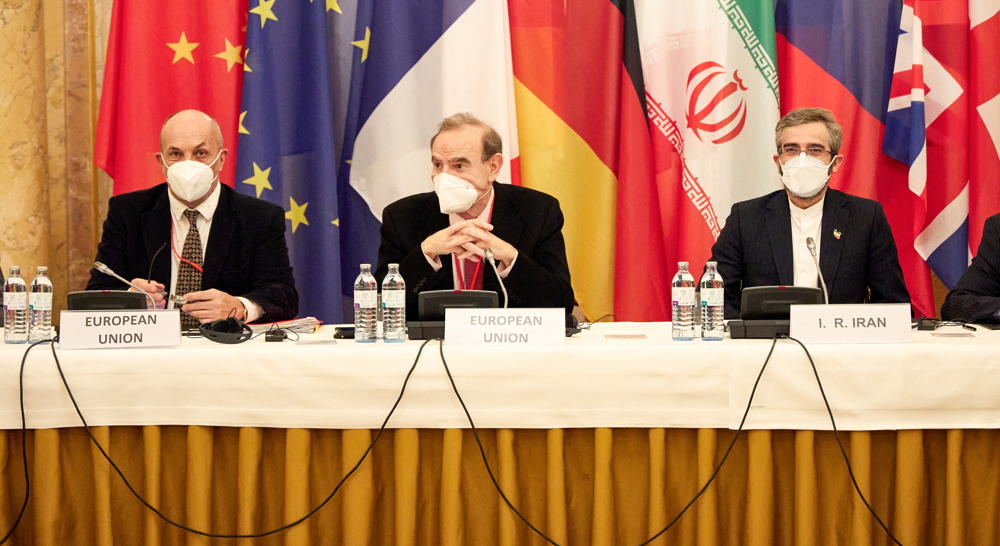
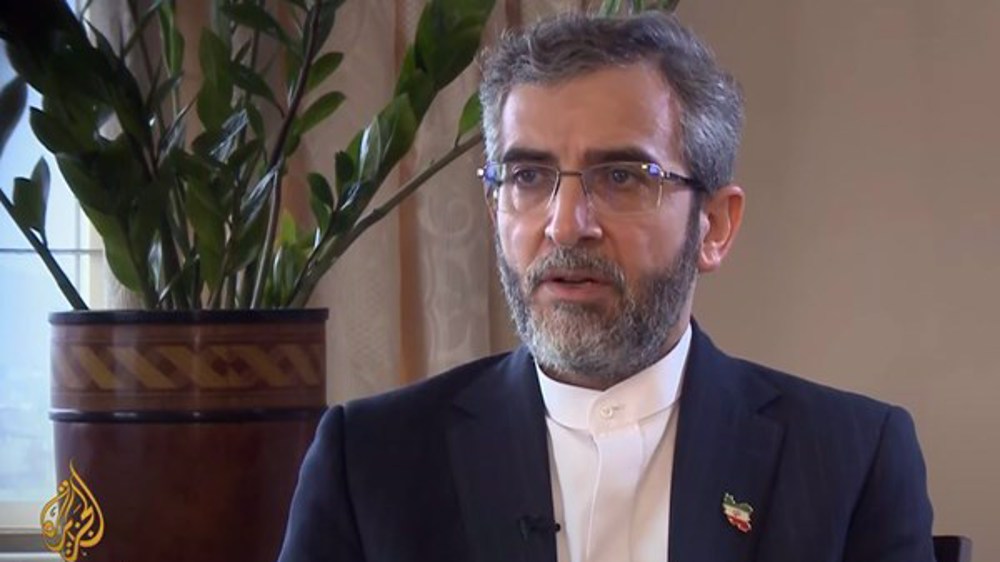
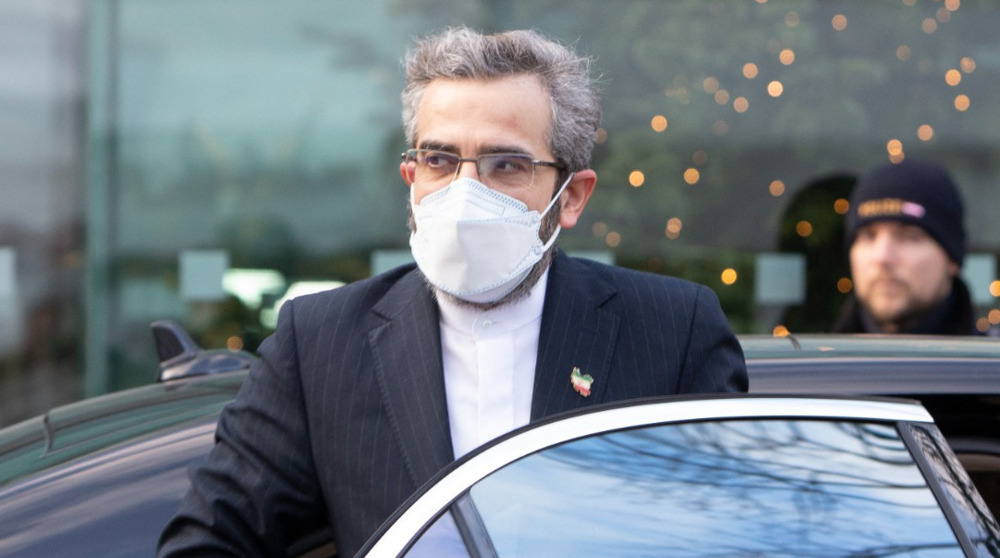
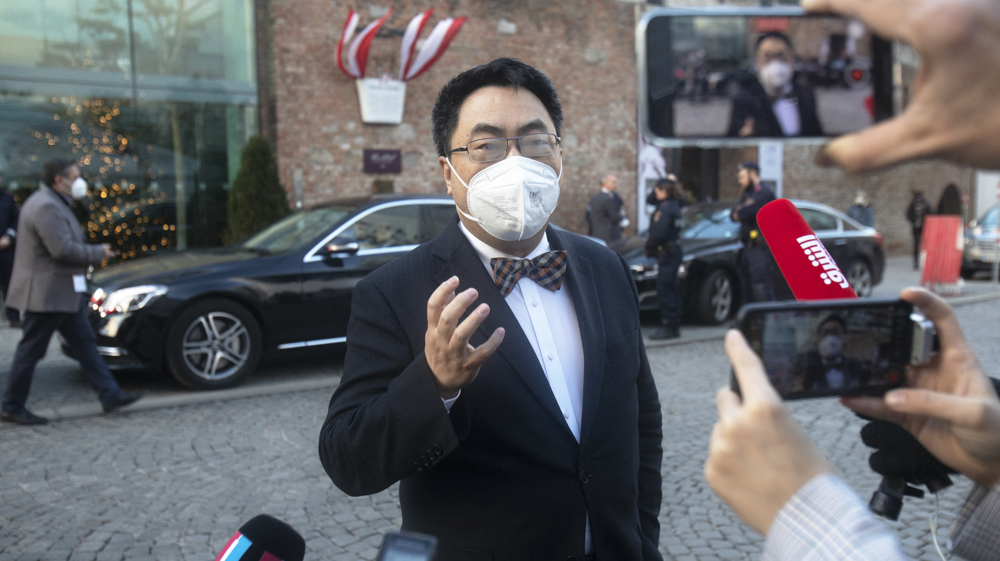
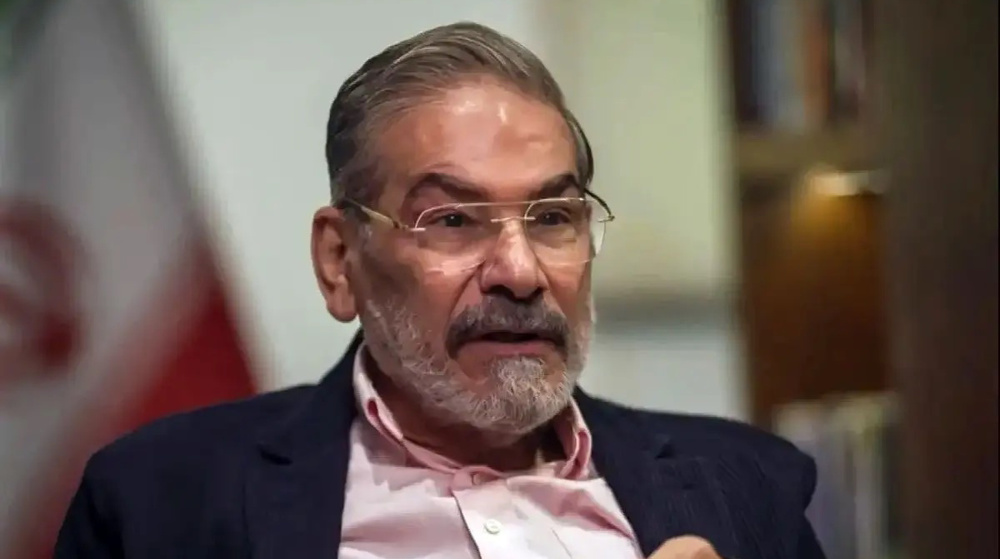
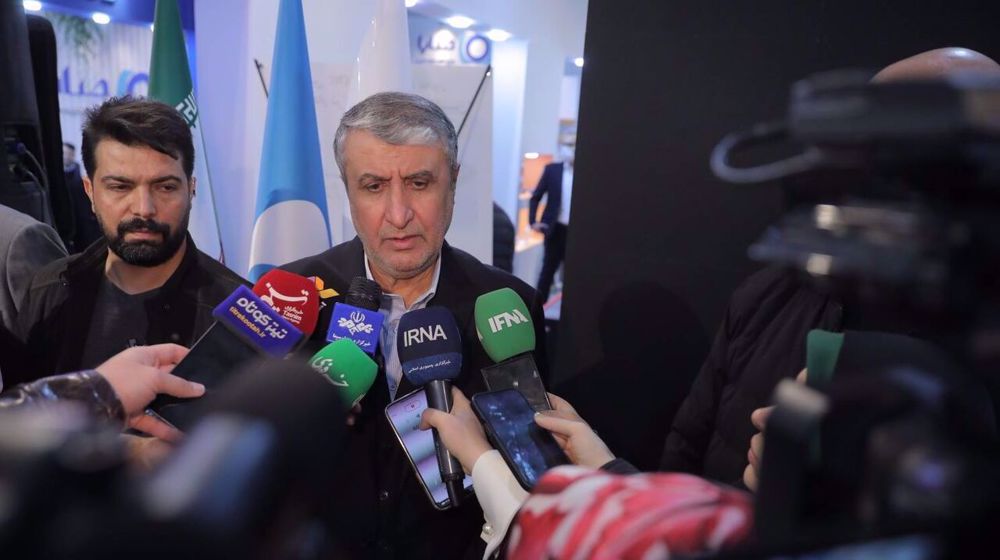
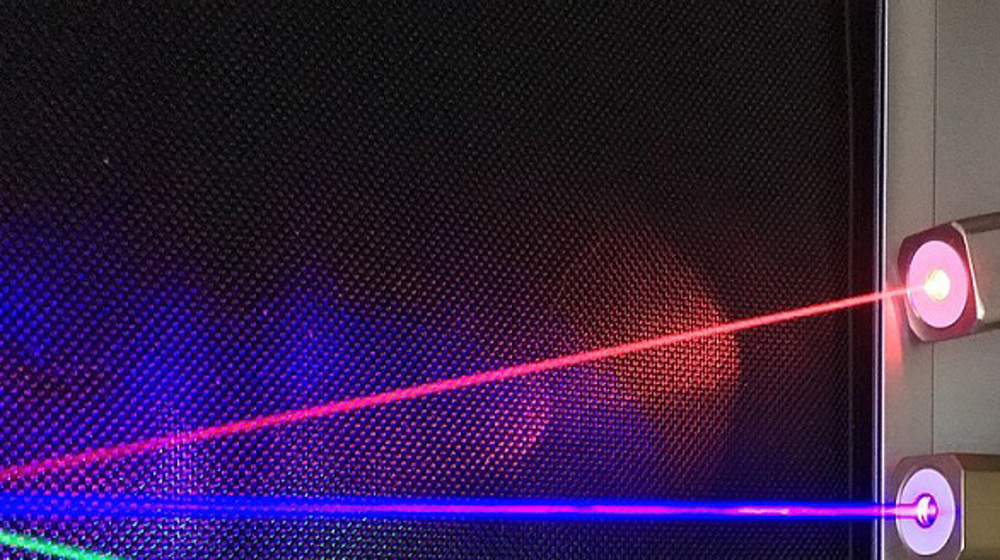




 This makes it easy to access the Press TV website
This makes it easy to access the Press TV website